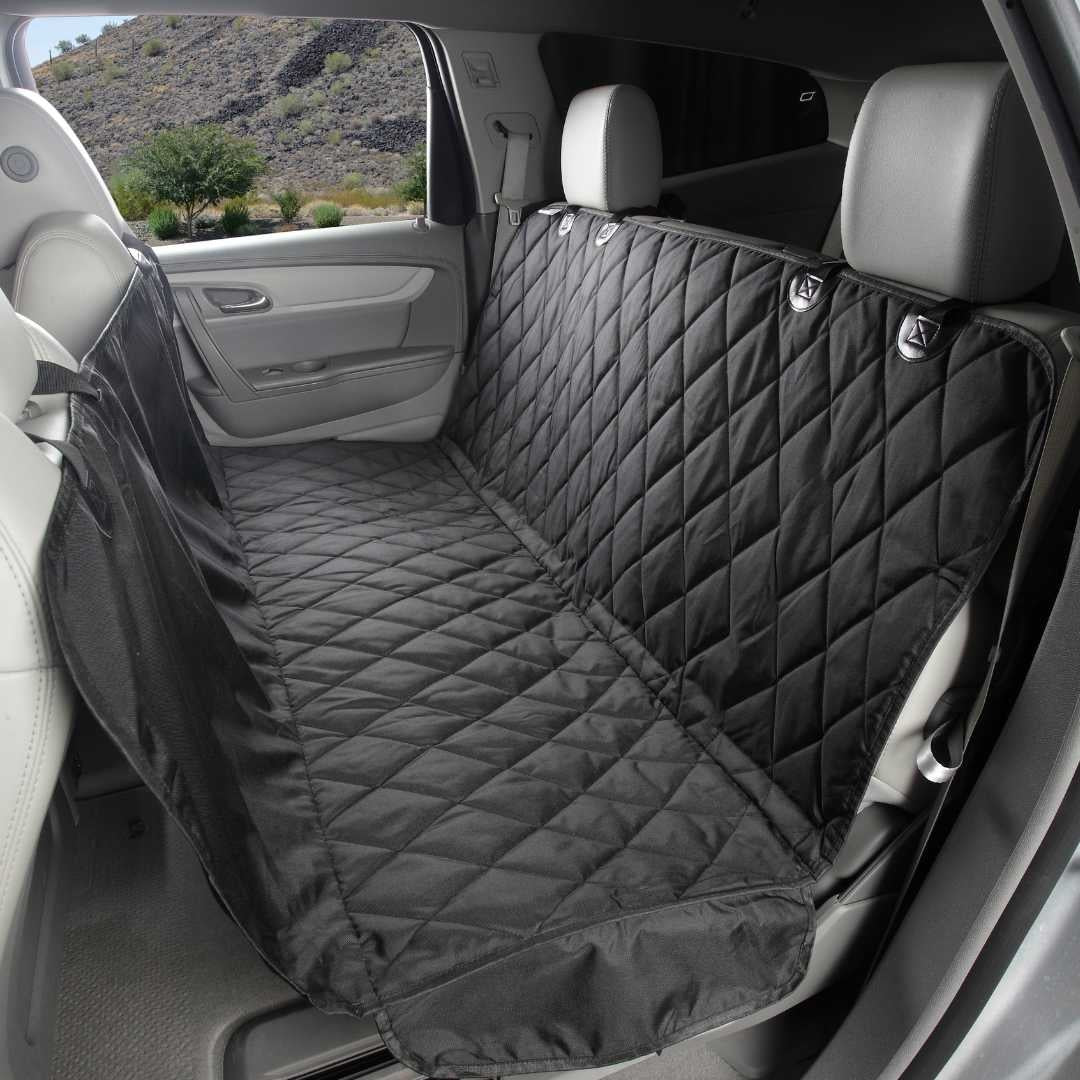Making Plans for Your Animals After You Pass Away
Normally, with the short lives of our animals, we can count on them going before we do. We plan for how to handle them crossing the rainbow bridge, not the other way around. However, that’s not always the order of things. Some animal owners are older, some have serious illnesses, and some would like to prepare in case an accident happens. No matter your age or health, there’s a chance something will happen to you. In those situations, it can be scary to leave your pet without a plan. It’s important to know your options and be aware of the legal help that can leave you feeling at ease about your pet’s livelihood after you pass away.
How Soon Should You Make Arrangements?
You can’t make arrangements for your animals soon enough. In 2014, the average human life expectancy was 78.8 years old. That number may make you think you have a long time to be considering arrangements for your animals if you pass away. However, you really don’t know when something could happen to you that would leave your animal without a plan. If you’re healthy, you may consider making arrangements that are a little less formal. If you are not healthy, you may consider making plans that are a little more concrete. Either way, the sooner you make arrangements for your animals, the better.
The Dangers of Not Making a Plan
Sometimes, freak accidents happen and family members are there to pick up the pieces and take care of your affairs. However, you can’t always count on there being someone there who is willing or able to take your animal. The danger of not making a plan is that you run the risk of your pet being taken to a shelter, rehomed, or placed in an unsafe environment. You don’t want your pet to be without care if something sudden happens and no one knows who is taking care of them. Your pet may be left in a shelter and euthanized, left without vital medication if no one knows their medical history, or bartered over if family members don't agree on custody.
This doesn’t mean you shouldn’t have a pet. Truthfully, pets can offer a lot of benefits for people with health problems or people who are elderly. Dogs can improve your health by making you happier and more active. Many types of pets offer added psychological benefits and give their owners a sense of companionship. For those reasons, it’s great for everyone to have a pet — especially those who are older or have health issues. Just be sure to make a plan for them to avoid the dangers. If you don’t have a place for them to go when you pass, you might consider babysitting a family member’s pet or visiting a shelter in order to gain the benefits of being around an animal without having to adopt one into uncertain circumstances.
Knowing Your Available Choices
When you’re considering what kind of plan to make for your pet if something happens to you, it can be helpful to know the choices available to you. Having discussions with a friend, carrying an alert card, considering the involvement of an animal organization — there are a variety of choices when it comes to handling your animal’s care after you die.
- Make informal arrangements with a family member or friend: If you’re looking for an informal way to set the groundwork for your pet’s care after you die, you may consider discussing the matter with friends or family. Just finding a trusted person to agree to take your pet if the worst happens and letting a family member know can be enough to set your mind at ease and give loved ones an idea of what you would want if something happened to you.
- Carry an alert card in your wallet: This tactic is particularly helpful if you live alone or in a location without a lot of friends or family. Leaving an alert card in your wallet will tell authorities that you have a pet at home so they aren’t left without care for long. Leave a contact number for someone who can take your pet’s interests from there, but at least you know they won't be left without food or water if you’re in an accident.
- Making arrangements with an organization: Though this may not be the best option without some legal intervention or if you aren’t expecting to pass on soon, this is still an option available to you. Whether you’re seeking a reputable shelter to rehome your animal for you, or a sanctuary to keep them for a time until their new owner can get them, you may be able to set up help with them in order to keep your animals safe once you’ve passed.
Legal Options
Legal arrangements are a pretty important aspect of end-of-life planning. In reality, your plans are not completely safe unless they are legally agreed upon and you can provide documentation. For patients that are terminal, for instance, getting affairs in order and legal paperwork handled is an important part of the emotional process that shouldn't be put off because the topic is difficult. Part of that legal process is the handling of a person’s animals. Some people might prefer the informal planning process because adding or removing an animal from a will is a lengthy process each time. For others, end-of-life planning is something that is a little more relevant to their situation. Whichever situation you’re in, you should consider what makes the most sense for you.
Your will: Adding your animal’s care in your will is a great way to ensure their well-being once you’re gone. You can include the person who will gain custody of them in your will so that it cannot be disputed, include any stipulations on their care of your animal, and leave them a certain amount of money to care for the animal.
- A trust: A trust is another option that tends to be a little more flexible in its financial terms. The drawback to a will is that it only works to care for your animal if you pass away and it’s not immediate. If you’re incapacitated, it doesn’t apply. A trust can provide for your pet right away, and you can appoint a trustee to use the funds in the trust to care for them.
- Instructions to a power of attorney: A power of attorney can be really helpful in situations where you are alive but are incapacitated. Not only do they make decisions regarding your health, finances, and property, they can also help make decisions for your pet. In the same way that you can assign power of attorney and write stipulations for them to follow in your finances, you can designate plans for your pets as well.
Whether the arrangements you make are legal or informal, the most important thing to keep in mind is your animal’s well-being and safety. Of course, the ideal situation is for you to have a home in mind for your pet before you pass. Any situation in which an animal can avoid a shelter is a good one, though that’s not always possible. In truth, anything can happen to us at any time. Some people may have a better idea of their time left than others, but it’s a good idea for everyone to make some kind of plan for what happens to your pet until they cross the rainbow bridge and you see them again.
Chelsy Ranard
Chelsy is a writer from Montana who is now living in beautiful Boise, Idaho. She graduated with her journalism degree in 2012 from the University of Montana. She is passionate about animal rights, bad television, and white wine. She is a volunteer at Simply Cats in Boise.





